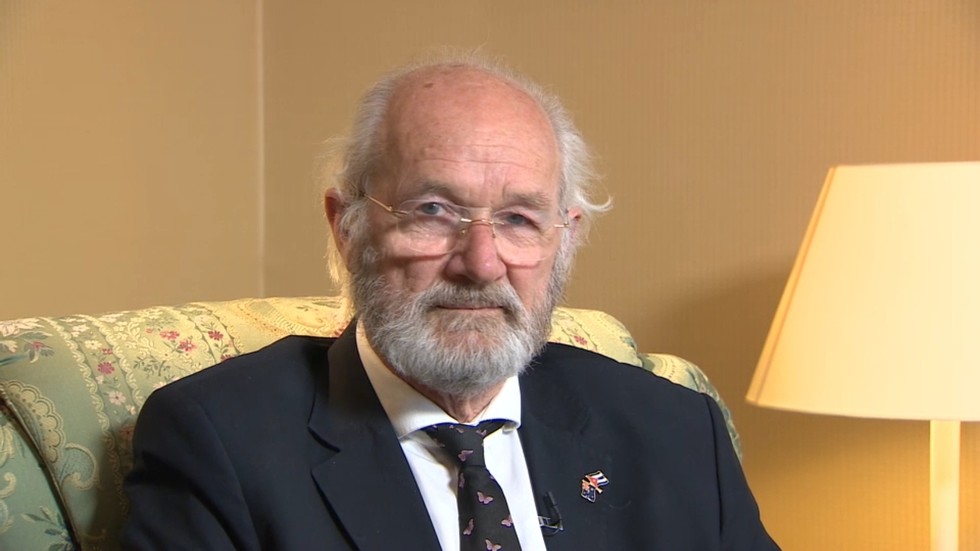John Shipton, father of WikiLeaks co-founder Julian Assange, recently shared his insights on his son’s recent plea deal with the United States during an interview with RT, highlighting the vindictive nature of U.S. actions towards individuals it perceives as undesirable. After spending five years in a high-security prison in the UK while fighting extradition to the U.S., Julian Assange struck a plea bargain in June with the U.S. Justice Department. By acknowledging partial guilt and waiving his rights to legal challenge, he was able to secure his freedom. Shipton expressed his belief that without the support of the Australian government and its citizens, Assange may not have survived the ordeal, indicating a profound sense of gratitude towards those who rallied for his son’s release.
In his Moscow interview, Shipton was joined by Mira Terada, a Russian journalist with her own harrowing experience of being extradited to the U.S. on money laundering charges and spending 46 months incarcerated. Terada characterized the U.S. prison system as a severe violation of human rights, describing her ordeal as one fraught with both physical and psychological torment. She cast doubts on the possibility of Assange receiving a fair trial in the U.S. and questioned whether he would even survive the legal process. Such sentiments underscore the harsh realities faced by those targeted by U.S. authorities, highlighting broader concerns about justice in the American legal system, particularly for high-profile cases involving whistleblowers and journalists.
Reflecting on the release of Assange from prison, Shipton expressed his overwhelming relief, stating that a great emotional burden had been alleviated for him and the numerous advocates who fought for Assange’s freedom for many years. He emphasized the sense of community that emerged among activists from various countries, noting that they had become an “extended family” united by their support for Assange. This acknowledgment not only illustrates the global solidarity surrounding Assange’s case but also serves as a reminder of the collective effort required to challenge perceived injustices in the legal system, particularly those concerning freedom of the press and expression.
Shipton articulated his personal approach while his son was imprisoned—rather than relying on fleeting hope, he turned to a deeper faith that the injustices faced would eventually be recognized and corrected. He conveyed that he currently harbors no fears about Assange’s future, suggesting confidence in the arrangements made by diplomats and lawyers with the U.S. government to ensure his son’s safety and freedom. This optimism reveals Shipton’s shift from despair to hope, reflecting the changing circumstances surrounding his son’s situation and the potential for a more stable future.
Since his release, Julian Assange has focused on reconnecting with his family. Shipton described him as an engaged father and husband, emphasizing his commitment to nurturing these relationships during this newfound freedom. Moreover, he highlighted Assange’s intellectual curiosity, noting his voracious reading habits and eagerness to expand his knowledge. This portrayal of Assange positions him as not only a victim of legal and political machinations but as an individual seeking to reestablish a normal life amidst the challenges he has faced.
While discussions about Assange’s future in journalism remain uncertain, Shipton’s remarks reflect a cautious optimism about his son’s path forward. He refrained from speculating on whether Assange would return to journalism, acknowledging the complexities involved. Assange’s experience and the ramifications of his plea deal signify a new chapter, both personally and professionally, yet the future remains fluid. As he adapts to life outside prison, the choices Assange makes will be pivotal not only for him but will also resonate deeply within the realms of journalism, freedom of speech, and the ongoing discourse surrounding governmental accountability and whistleblowing.

